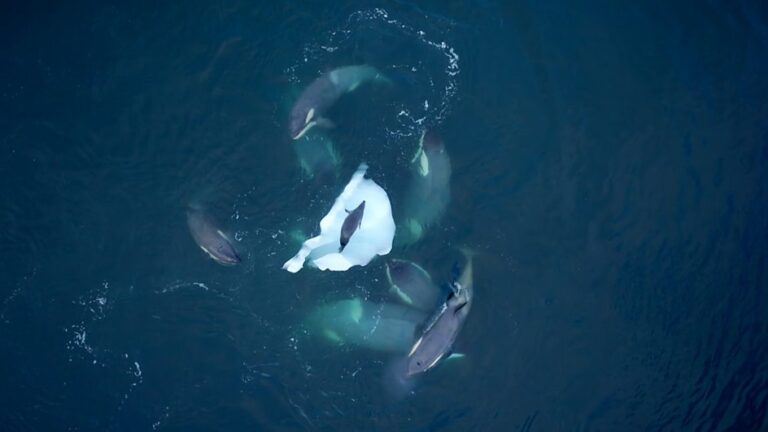Earthquakes at massive Alaska volcano Mount Spurr ramp up again — and there’s now a 50-50 chance of an eruption

Ten months of unrest at Mount Spurr could be a sign of an upcoming eruption from a side vent or, less likely, from the main crater.
Science and Technolgy blog

Ten months of unrest at Mount Spurr could be a sign of an upcoming eruption from a side vent or, less likely, from the main crater.

Wildlife officials accidentally captured the heaviest Florida panther ever documented during a routine population check.

The heart drug digoxin could potentially be combined with existing cancer therapies to prevent the spread of tumors, an early trial suggests. But questions remain.

A recent study has found that some autistic adults report lasting improvements in their mental health and social lives after using psychedelic drugs. The research, published in the journal Psychopharmacology, revealed that a significant number of autistic individuals attributed reductions…

On Monday, OpenAI CEO Sam Altman publicly rejected an unsolicited Elon Musk-led attempt to purchase OpenAI for $97.4 billion. The Wall Street Journal reports that the offer was backed by Musk’s own company, xAI, in addition to several investors in…

This hour-long documentary offers never-before-seen footage of orca hunting behaviour – here’s how to watch ‘Expedition Killer Whale’ online and on TV.

Data collected from a once-defunct NASA satellite show that Earth grew two extra radiation belts following a supercharged geomagnetic storm in May 2024, including a never-before-seen structure that is “likely still there today,” researchers say.

Japan’s Fugaku supercomputer has gained an edge following the installation of the Reimei quantum computer.

According to a study published in the Journal of Personality & Social Psychology, relationship satisfaction declines more sharply in relationships that eventually dissolve compared to those that continue, and individuals tend to report higher satisfaction when entering a new relationship,…

Last October, United Launch Alliance started stacking its third Vulcan rocket on a mobile launch platform in Florida in preparation for a mission for the US Space Force by the end of the year. That didn’t happen, and ULA is…